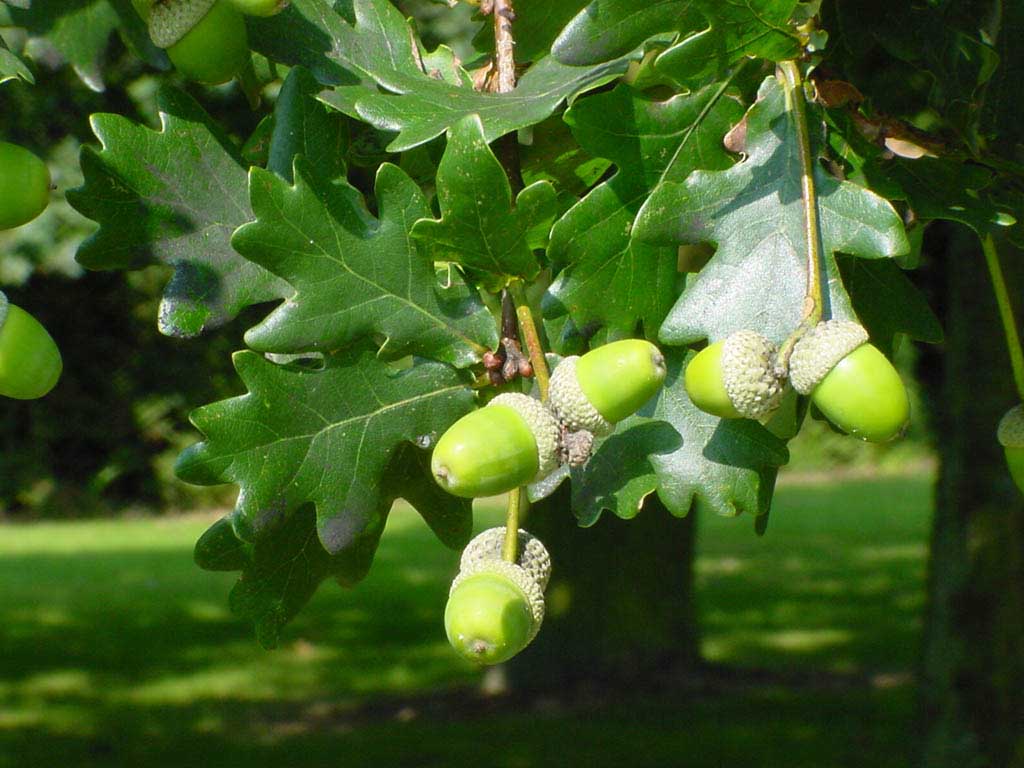
Quercus robur Roble Común El Mundo y sus Plantas
Quercus robur English oak A large broad-rounded European oak often appearing grayish green due to mildew on its leaves in the eastern US. Improved cultivars are available for resistance to mildew and/or narrow habits. Habit: Rounded becoming broad-rounded: Size: 40 to 60' high: Color: Bluish green to grayish green with mildew:

Flores y Paisajes de Asturias Quercus robur (Carbayo)
A synonymized checklist of the plants found growing in Rhode Island. Rhode Island Wild Plant Society. Glenn, S.D. (ed.). 2013. New York Metropolitan Flora database. New York Metropolitan Flora Project, Brooklyn Botanic Garden, New York. Magee, D. Flora of New England. Unpublished and undated.
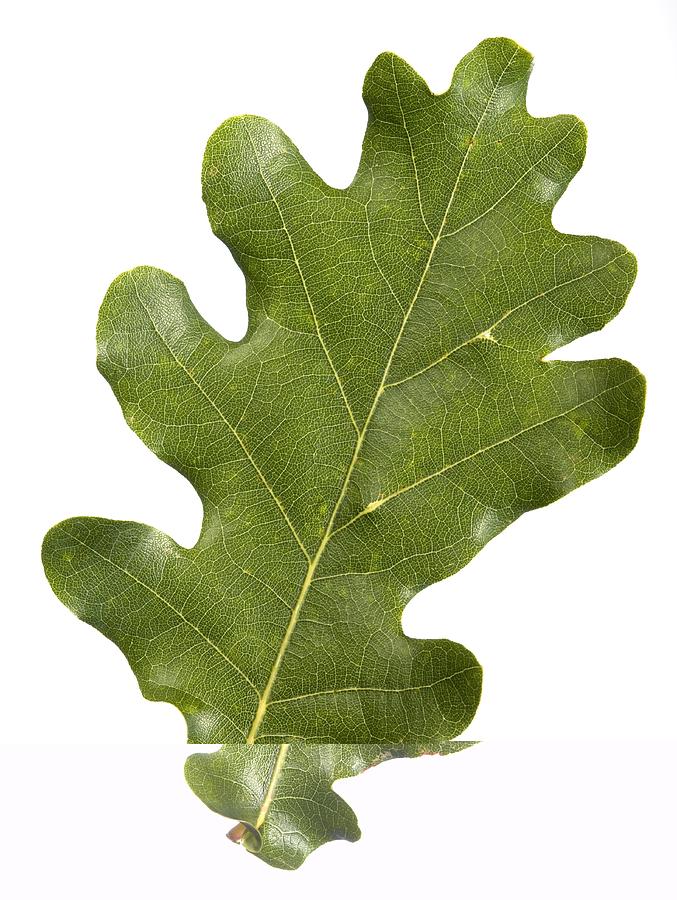
Oak (Quercus robur) leaf Photograph by Science Photo Library
The genus name, Quercus, is the Latin name for oak trees. The specific epithet, robur, is Latin and means "robust' and references the strength and hardwood of this tree. This tree prefers moist, well-drained, loam soils, and full sun. It will adapt to a wide range of soil types and conditions.

Quercus robur Oak, English Oak, European Oak, French Oak, Pedunculate Oak, Polish Oak
Roble común: características, hábitat, distribución, cultivo. El roble común (Quercus robur) es una especie arbórea de gran porte y crecimiento lento natural del continente europeo. Los robles son grandes árboles caducifolios pertenecientes a la familia Fagaceae que llegan a vivir más de 800 años. Los ejemplares adultos pueden alcanzar.
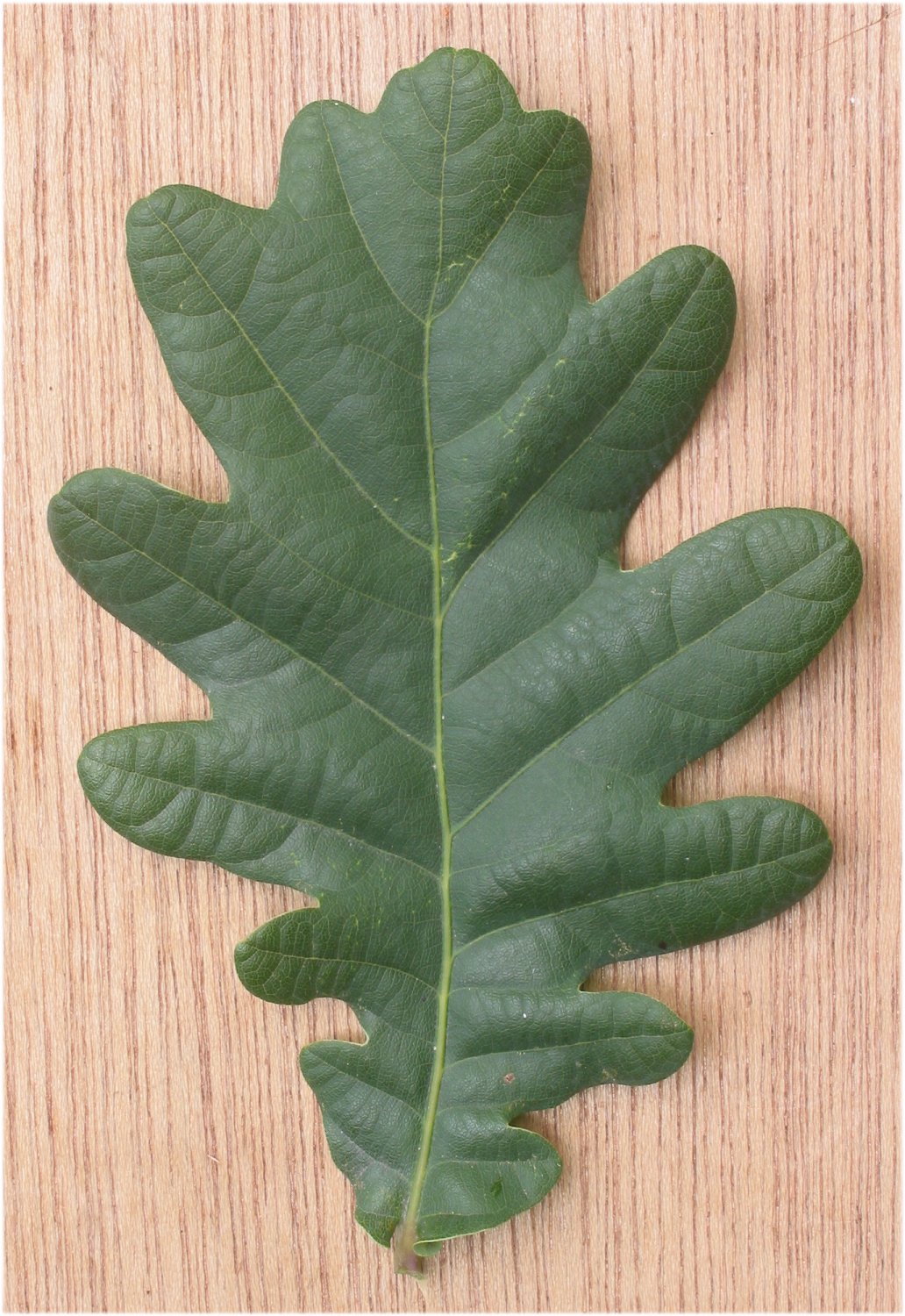
Quercus robur Roble Común El Mundo y sus Plantas
Roble común (Quercus robur). De las características del roble común destacan su gran tamaño, las flores que produce y el fruto, que es la bellota. Descubre.. Como árbol de hoja caduca, en otoño las hojas caen y se descomponen en el suelo. Son hojas de 4-5 lóbulos irregulares en cada lado y 7-14 centímetros de longitud, soportadas por.
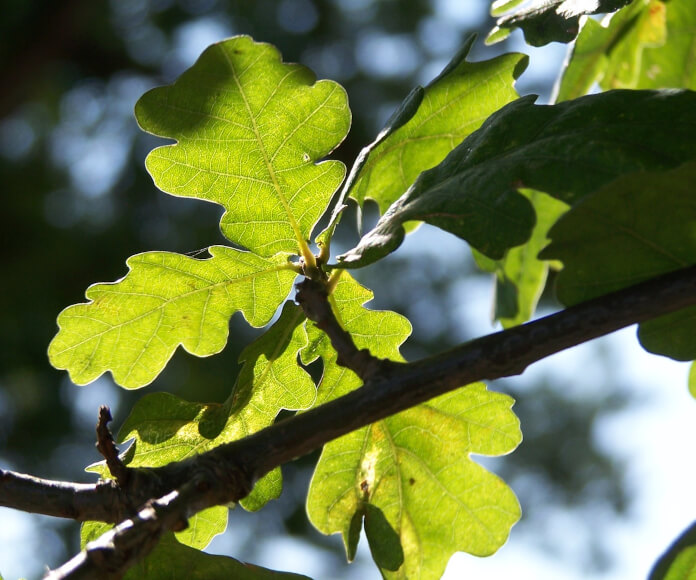
Quercus robur European forest resources programme
El quercus robur es una especie con alta predilección por las zonas húmedas, pero no encharcadas, no soportando grandes periodos de sequía. El roble común prefiere, por tanto, suelos ácidos a neutros, con una temperatura fría a templada y suelos siempre frescos. Su presencia en grandes y espesos bosques es fruto, en muchos casos, de.

Roble comúnQuercus robur robur Flores silvestres de Aragón
English Oak. English Oak (Quercus robur) Common Name (s): English Oak, European Oak. Scientific Name: Quercus robur. Distribution: Most of Europe, to Asia Minor, and North Africa. Tree Size: 80-115 ft (24-35 m) tall, 3-5 ft (1-1.5 m) trunk diameter. Average Dried Weight: 42 lbs/ft 3 (675 kg/m 3)

Quercus robur ‘Fastigiata’ landscape architect's pages
Quercus robur f. fastigiata is a good choice for a formal avenue, so long as plants of consistent habit can be supplied. These trees at Horsham Park in West Sussex, UK, are at least similar in vigour and habit, though it is interesting to note that the third tree on the left is significantly later to flush than its colleagues on 23rd April 2017.
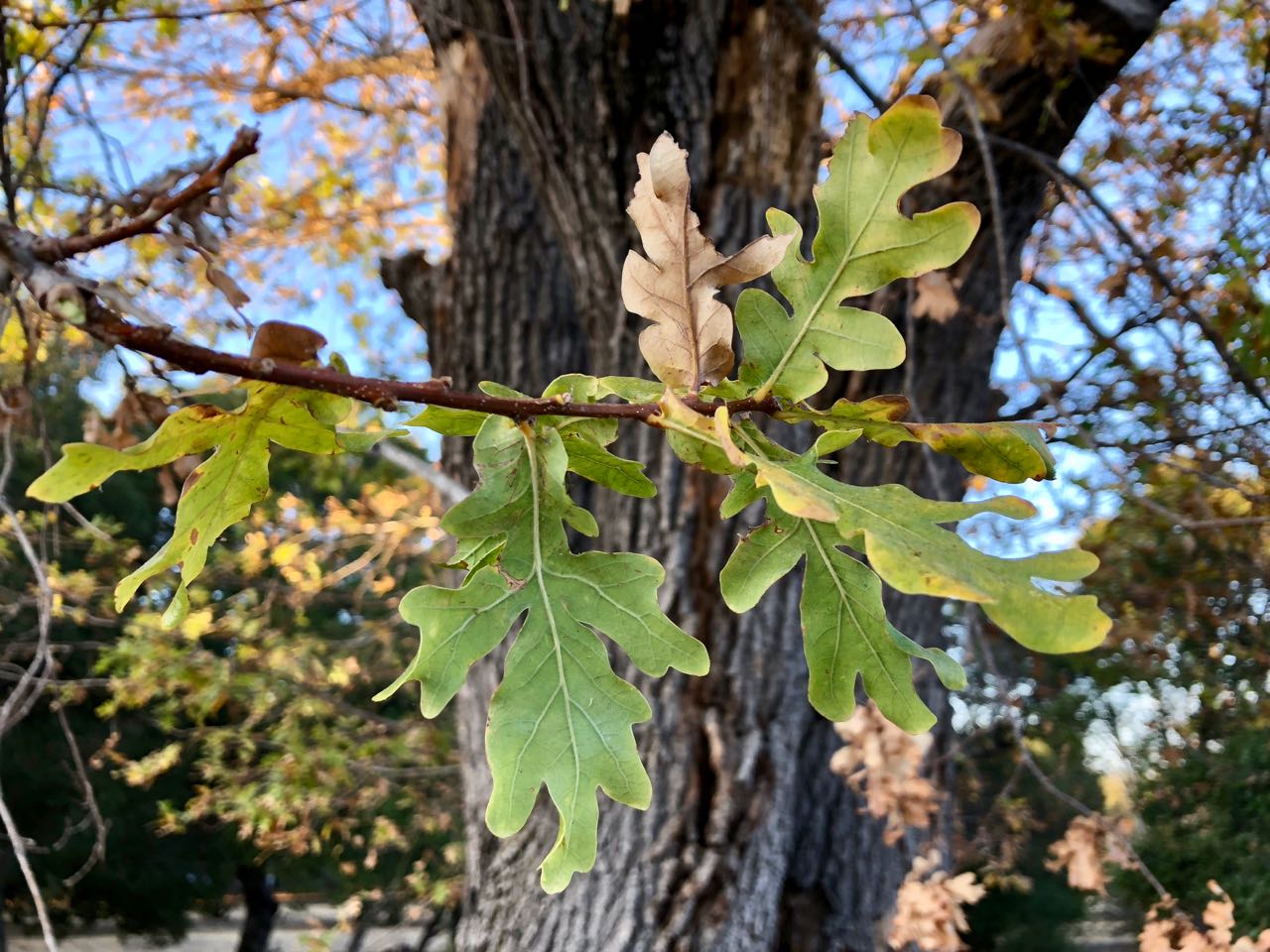
Quercus robur, English oak Trees of Stanford & Environs
Common oaks often play host to numerous gall wasp species that create oak galls by laying their eggs in the buds of acorns.. The genus name Quercus is a Latin word that means 'oak', while the species name robur means both 'hard wood' and 'oak'.. The common oak has been hybridised with a number of other oak species, including the holly oak (Quercus ilex) to produce Turner's Oak.
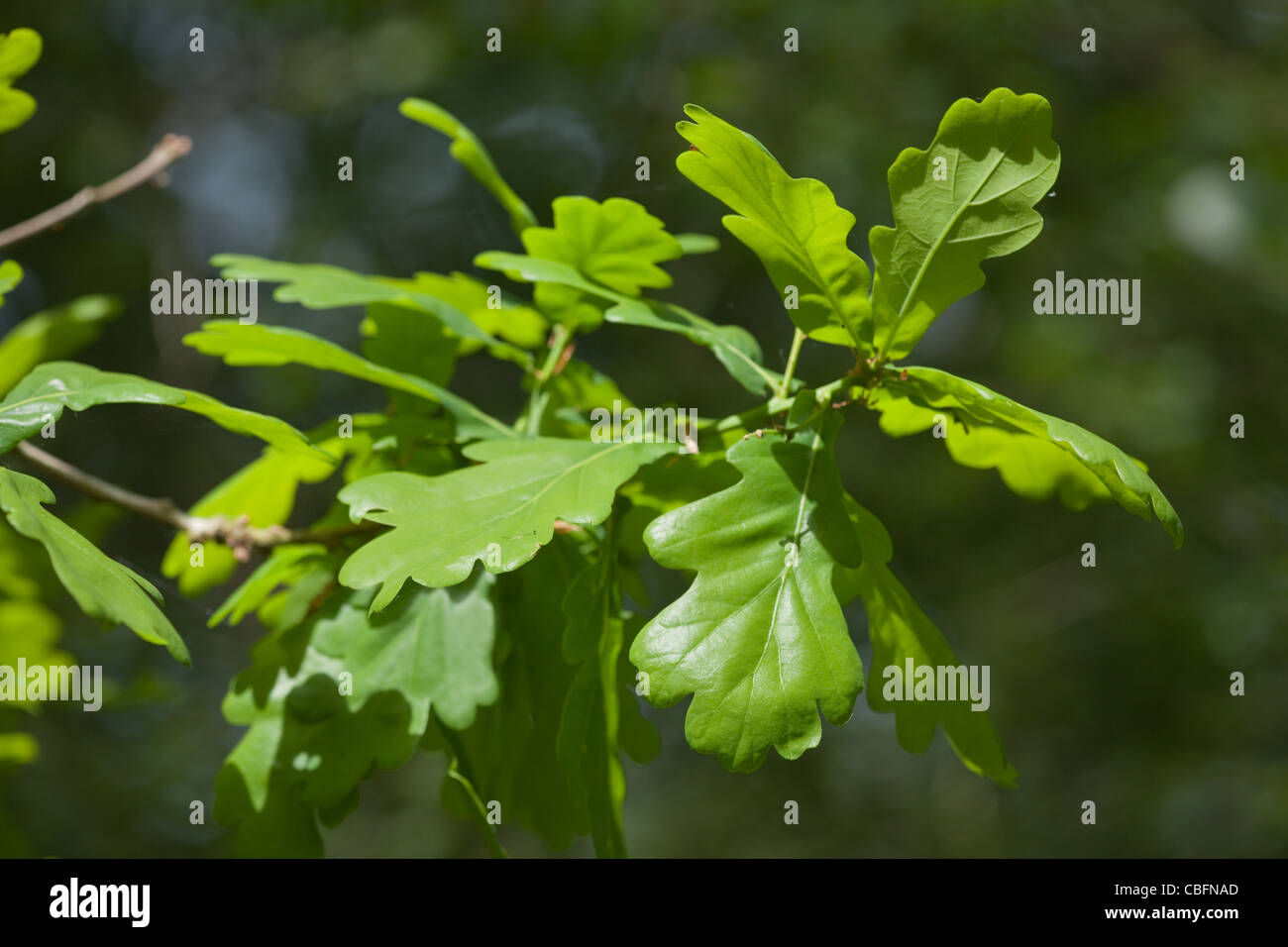
Hojas de roble (Quercus robur). Mayo. primavera Foto & Imagen De Stock 41527989 Alamy
Quercus robur. El roble común 2 , roble albar, roble carballo, carballo, roble carvallo, carvallo, cajiga o roble fresnal ( Quercus robur) es un árbol robusto, de porte majestuoso, que puede superar los 40 m de altura. Está clasificado en la Sección Quercus, que son los robles blancos de Europa, Asia y América del Norte.
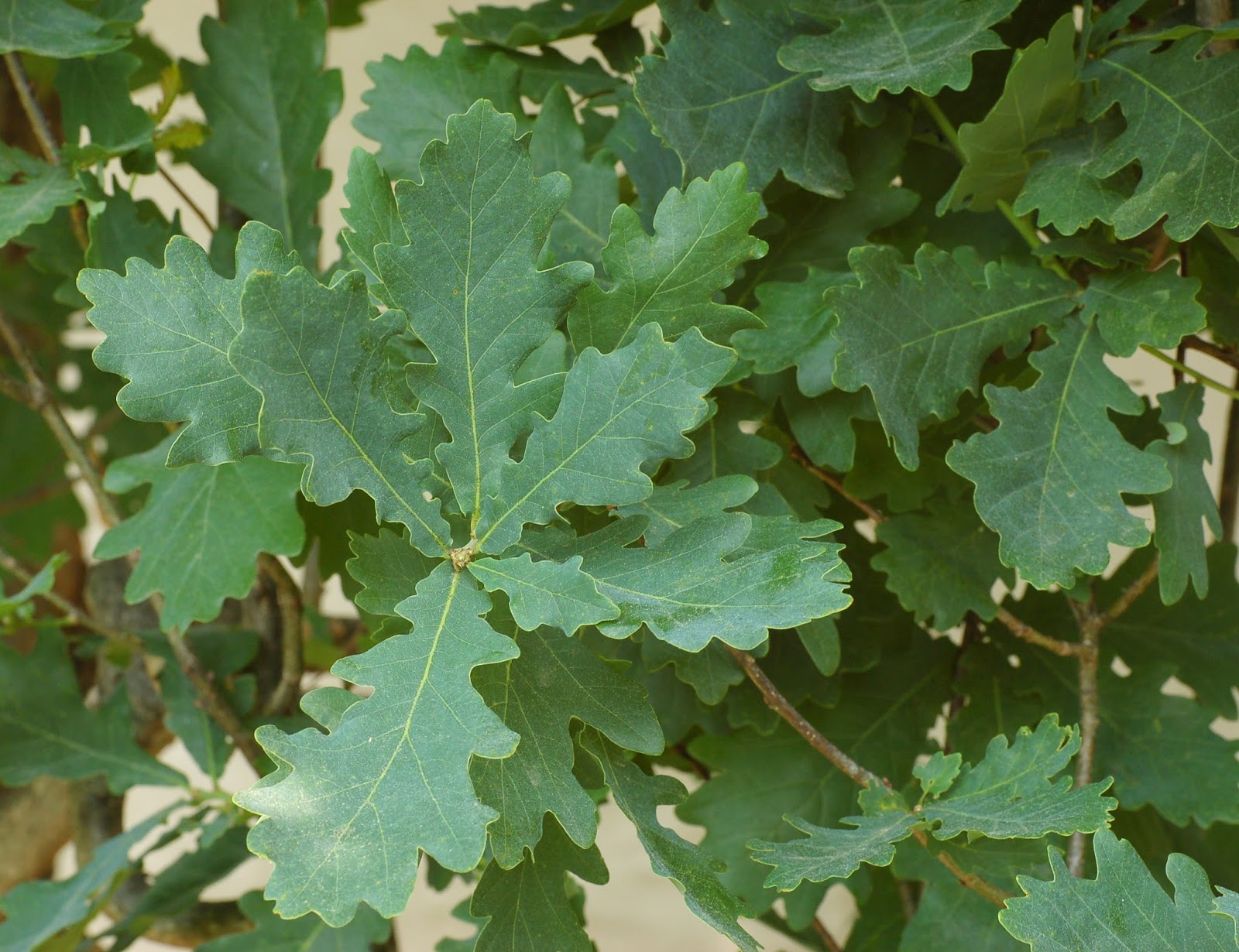
Trees Quercus robur Pedunculate Oak English Oak
Quercus robur Figure 1. Mature English Oak. English Oak1 Edward F. Gilman and Dennis G. Watson2 INTRODUCTION A stately and very unique oak that will reach a height and spread of 50 to 60 feet, English Oak is hardy in USDA hardiness zone 5 and will tolerate a range of soil pH and moisture conditions, including occasionally wet soil and dry clay.
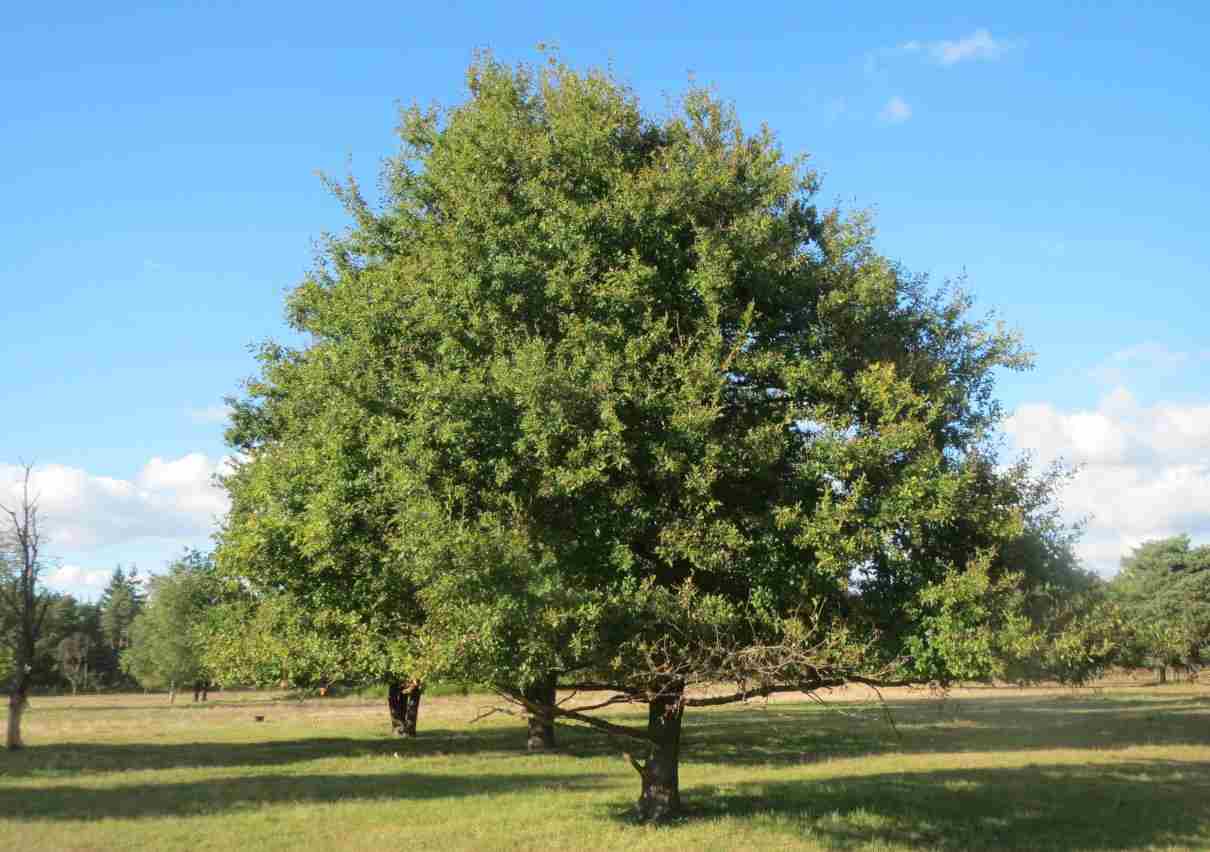
Roble común, Quercus robur,características, hoja, fruto y clasificación Naturaleza y ecología
No matter what you love, you'll find it here. Search quercus robur and more. Looking for quercus robur? We have almost everything on eBay.

Quercus robur roble, aritza
Quercus robur L.. Árbol caducifolio que alcanza hasta 30 m de altura, con la copa globosa, amplia y bastante regular.. glabrescentes, de entre 2 y 5 mm. Las hojas, de 5 - 18 x 2.2 - 10 cm, son caducas, membranosas, glabras, obovadas u oblongo - obovadas, pinnatilobadas o pinnatífidas, más claras por el envés, que además es glaucescente.
naturaleza naturalmente Quercus robur L.
Distribution by County. [wikipedia] Europe, Asia Native: Quercus robur, the pedunculate oak, is a species of flowering plant in the beech and oak family, Fagaceae. It is a large tree, native to most of Europe and western Asia, and is widely cultivated in other temperate regions. It grows on soils of near neutral acidity in the lowlands and is.

Quercus robur Plants Oak Leaf Gardening
Quercus robur. common oak. A large, deciduous tree potentially reaching a mature height of between 20 to 40m in height, with a magnificent broad crown and strong branches beneath. Dark green, rounded and lobed foliage, smooth at the edges, turns reddish-brown in autumn. Inconspicuous, long, yellow-green catkins appear in spring, followed by.

Roble Europeo Quercus Robur Primavera Nuevas Hojas Bajo La Luz Del Sol En Una Rama Imagen de
Quercus robur, the pedunculate oak, is a species of flowering plant in the beech and oak family, Fagaceae. It is a large tree, native to most of Europe and western Asia, and is widely cultivated in other temperate regions. It grows on soils of near neutral acidity in the lowlands and is notable for its value to natural ecosystems, supporting a very wide diversity of herbivorous insects and.